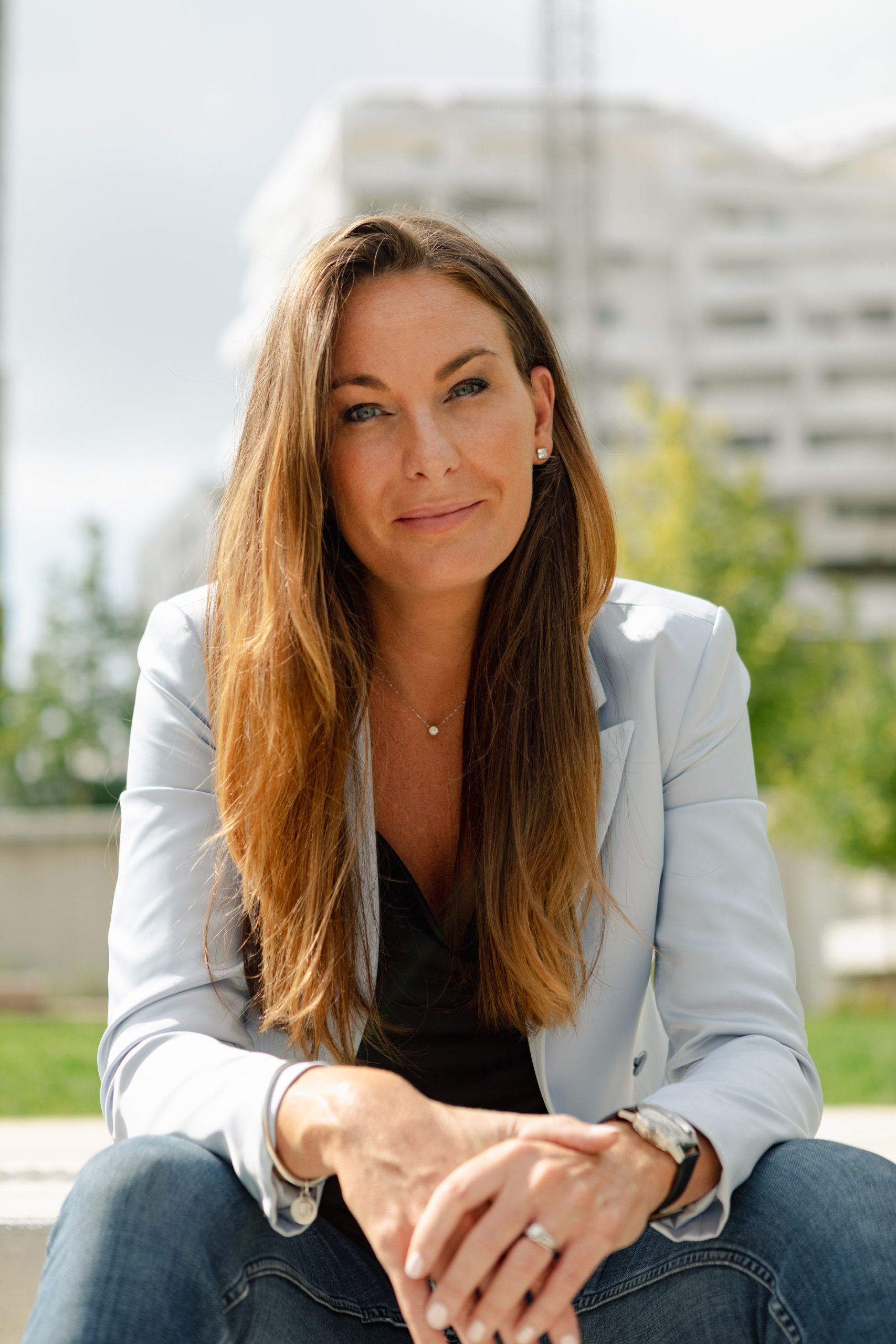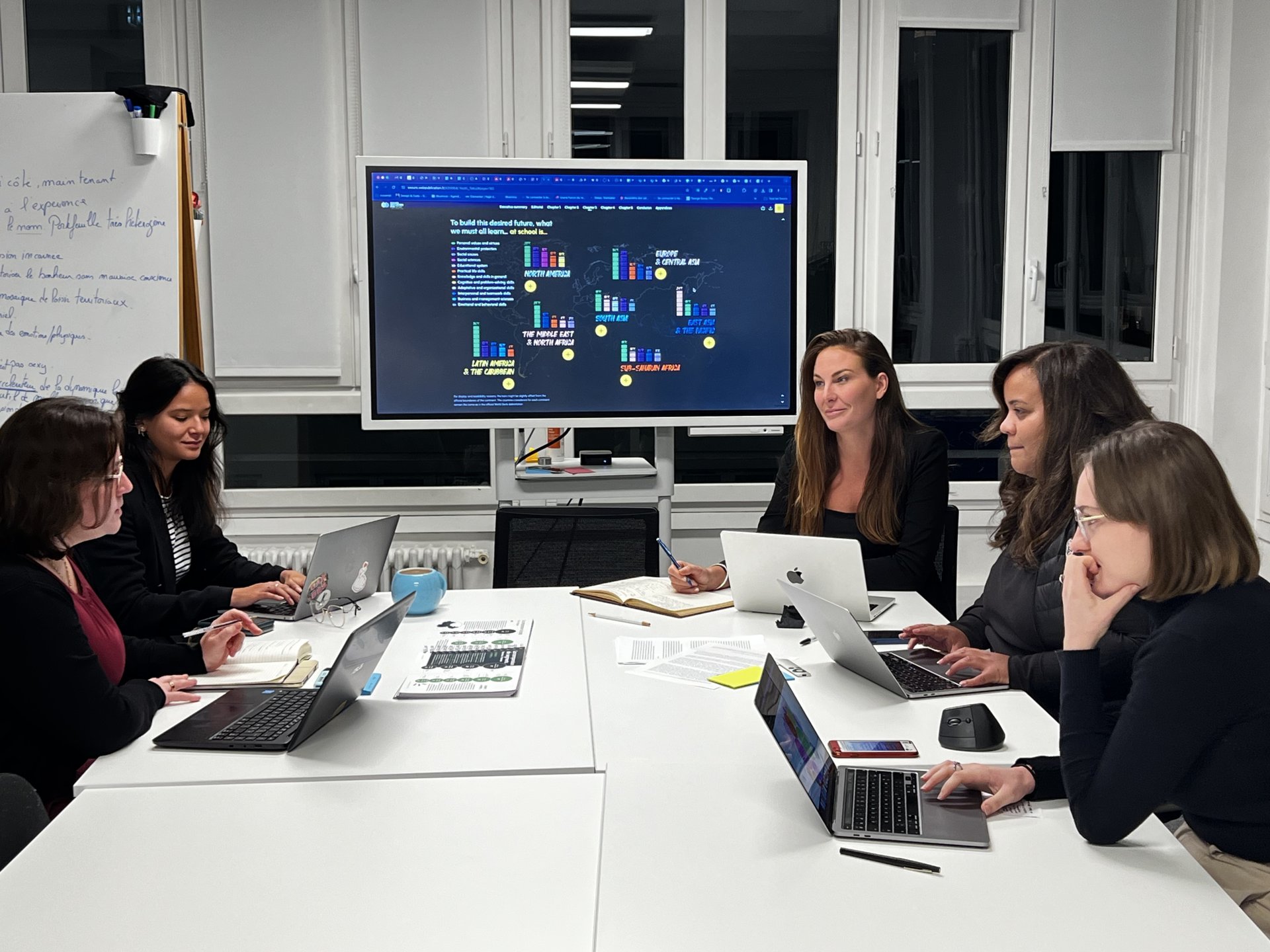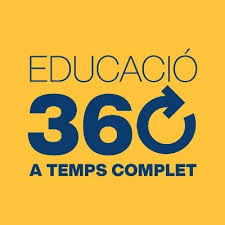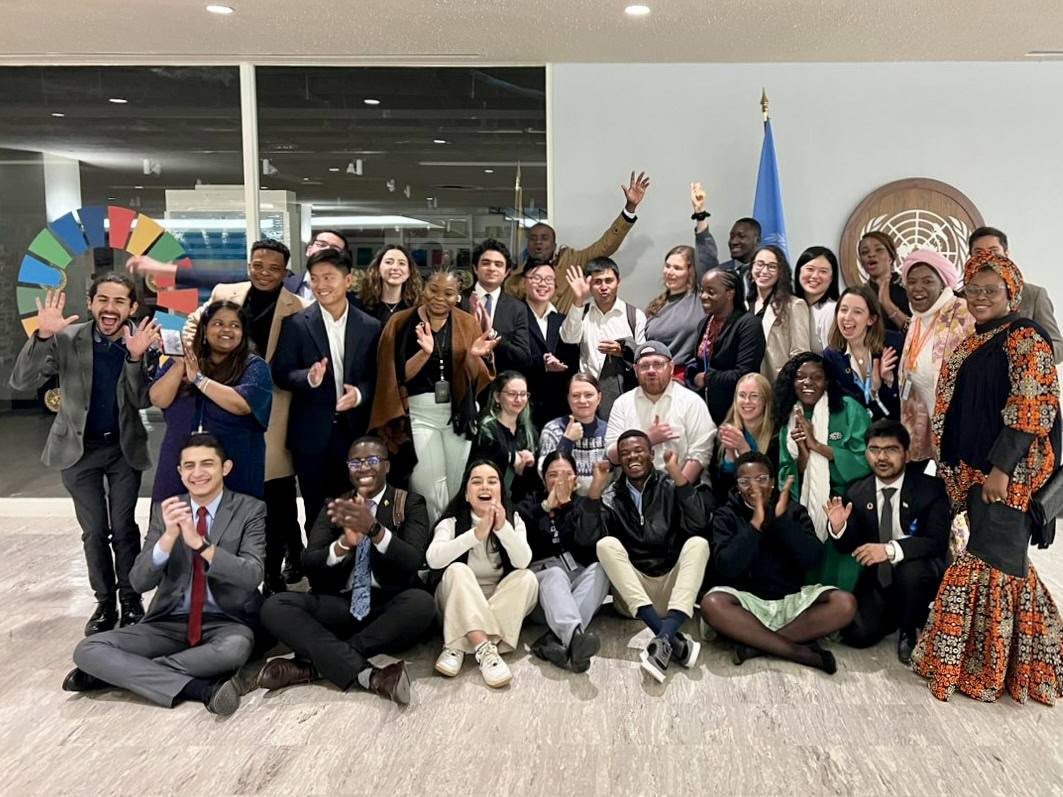Tell us about yourself
I’m Marine Hadengue, Executive Director of the Higher Education For Good Foundation and Director of the Youth Talks youth consultation. Passionate about this adventure, I’ve been spending time developing this project for almost 2 years now. I grew up in Martinique before moving to Montreal, where I stayed for 16 years. Trained as an engineer, I obtained a PhD from Polytechnique Montréal, a master’s degree in political science from Montréal University, and then completed my post-doctoral studies at Polytechnique Paris. My areas of expertise include responsible management education, innovation and social entrepreneurship. I now live between Switzerland, France and Canada.

What is your organisation, the Higher Education for Good Foundation?
The mission of the Higher Education for Good Foundation is to support higher education institutions in transforming their programs to better meet the needs of the 21st century. It positions itself as a complementary organisation to existing initiatives. Its is to provide the ressources needed to transform education. For example, its Youth Talks consultation provides an unprecedented insight into the aspirations and deep concerns of young people around the world, enabling schools to shape new programs to better meet these expectations. The Foundation promotes sustainable development through a more holistic educational perspective, focused on individual dignity and collective well-being. It already has over 55 partners in France and abroad.

Marine Hadengue, CEO of the Higher Education For Good Foundation and Director of Youth Talks, and her teams in a scoping meeting for the foundation’s next consultation-debate “AI and Education, young people’s perception”, scheduled for early 2024.
Generally speaking, how do you get involved in youth and education issues? Why?
“You cannot solve a problem with the same mind that created it”, said Einstein. In the face of the contemporary challenges, it becomes clear that youth and education must play a key role in inspiring lasting change, away from the traditional patterns and paradigms that have shaped our societies. It’s largely for this reason that we created the Foundation and Youth Talks. We offer young people the freedom to express themselves. We then propose to transform their ideas into a tool for change, capable of driving a transformation in education and having an impact on various aspects of our society.
Could you explain what Youth Talks is?
Youth Talks is our foundation’s first initiative. Today, it is the world’s largest youth consultation. It is unique and differs from traditional surveys in its use of open-ended questions and cutting-edge technologies such as AI (artificial intelligence) and NLP (natural language processing) to analyse collected responses. With Youth Talks, we have enabled over 45,000 young people from 212 countries and territories to share their aspirations, their fears, what they would or wouldn’t be ready to give up to change our world, and what they need to learn to get there. Our mission is to ensure that these youth voices are heard and have an impact on the transformation of our society.

What do you think young people’s expectations are today? Can you tell us about your survey and its results? How do you analyse them? What do they mean to you?
One of the strong results of our consultation is the collective call from the world’s young people to relearn a foundation of shared values (respect, empathy, solidarity, etc.), so that we can once again live together harmoniously. This aspiration permeates the entire consultation, and becomes paramount when they are asked what they need to learn at school. It’s a sign of distress among our young people. In addition to living in an anxiety-inducing climate, young people live in a world where traditional values, transmitted by religion or communities for example, are crumbling. Increased isolation, exacerbated by social networks and the pandemic, has destroyed our social ties and common points of reference. Their request is therefore not devoid of meaning, but rather reflects a wisdom that we should recognise.
How did you hear about the LearningPlanet Festival / Festival de l’Apprendre?
I discovered the LearningPlanet Festival thanks to the Learning Planet Institute, which I’ve been following for several years. It is essential – both in France and internationally – to have committed organisations that promote new approaches to learning, and are capable of rallying and mobilising other players in the higher education sector around them – such as our foundation. The Learning Planet Institute and its Festival are inspiring and unifying pillars in the transformation of higher education.
What do you expect from the Festival?
For the Foundation, this event is an opportunity to meet with committed stakeholders – students, educators, organisations – and to share the results of our Youth Talks consultation with a wider audience than we are used to. It’s a chance to promote the voices of youth to people who can really act and make an impact. We aim to ensure young people’s opinions and ideas are heard. What’s more, the festival is an opportunity to develop our network and meet potential future partners who share our values and vision for the future of education.
How do you see the future of education and learning?
Today, the boundary between “school” and “life” learning is disappearing, disrupting education and requiring concerted, innovative adaptation of teaching and learning methods. Educational institutions have a strong responsibility as climate change challenges will only increase. A holistic approach is essential: education must shape responsible individuals, capable of navigating an increasingly complex world. For instance, collaboration between schools and their ecosystems becomes essential, offering practical experiences in partnership with local organisations and experts. The growing use of technology will also play a key role in facilitating access to education, but must be used with care to prevent isolation, polarisation and lack of diversity of ideas.
Learn more about the Youth Talks consultation
Meet Marine Hadengue at the LearningPlanet Festival



